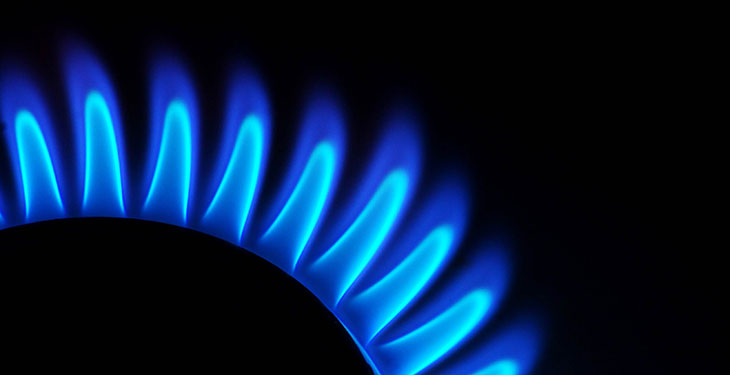Household gas will certainly become cheaper in July, with the liberalization of the market, and household consumers must know that they can change their supplier at any time in no more than 21 days, regardless of whether or not they have signed new contracts, said the Minister of Economy, Energy and Business Environment, Virgil Popescu.
He explained that Romania assumed before the European Commission, at the end of last year, in an infringement procedure, that it will liberalize the natural gas market on July 1, 2020 and the electricity market on January 1, 2021.
“Right now, July 1, is the best time to liberalize the gas market, because gas prices in the region are the lowest in history. We are talking about a price on the Vienna Stock Exchange during June of 24 -25 lei per MWh, compared to the regulated price in Romania of 68 lei, so it is a favorable moment and the European market is free, and we have to align ourselves, I believe that through this liberalization all Romanian consumers, both domestic ones, as well as the industrial ones, have something to gain,” Popescu was quoted as saying by Agerpres.
The minister accused the big gas companies, E.ON and Engie, of trying to take advantage of consumers and sent them offers at the same price starting July 1, instead of offering lower prices.
“I am slightly disappointed by the reaction of suppliers, especially large suppliers who have a lot of the market, who have tried to take advantage of the fact that Romanians are conservative and may not be properly informed. There is a comparator of natural gas prices on ANRE website, offers have already appeared – and I’m not talking about small companies, but about large companies that are currently suppliers of electricity and enter the natural gas market – which offer prices 15-20% lower than the prices of the other two suppliers (E.ON and Engie-e.n.). I think that they will eventually examine and, instead of losing market share, I think they will lower the offers, they will make alternative offers, so and their price should be somewhere between 10-15% lower for the household consumers,” said Popescu.
